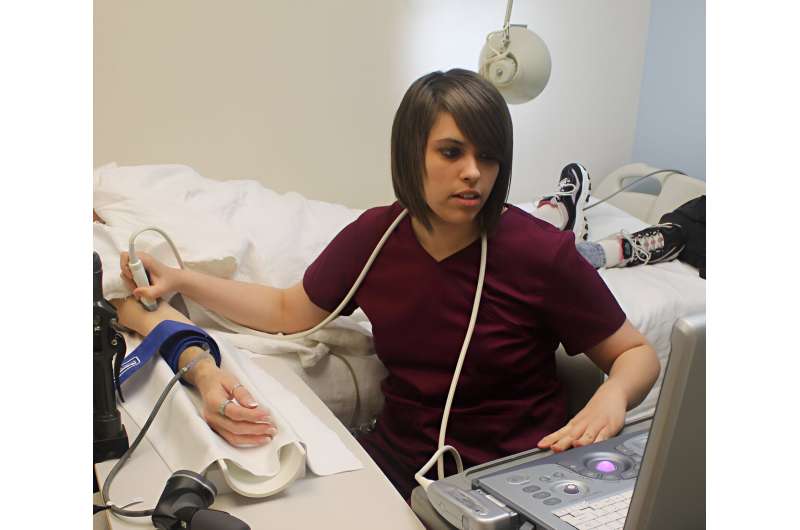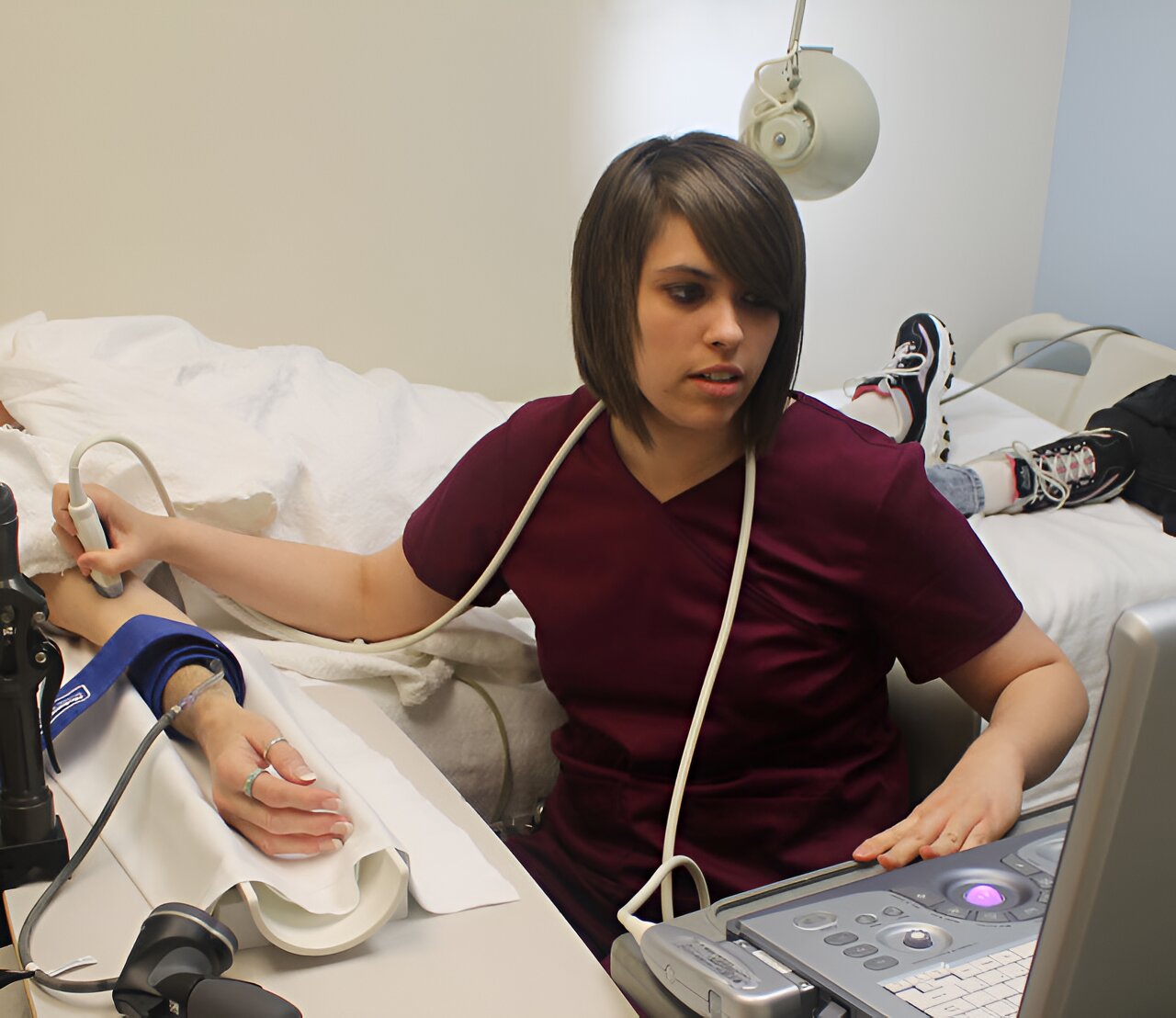
The rapid expansion and normalization of e-health and telehealth brought about by the COVID-19 pandemic is not only here to stay, but research conducted by Jesse Stewart, professor of psychology at the School of Science at Indiana University Indianapolis, on the link between depression and cardiovascular disease indicates it’s effective, too.
Stewart and a team of 14 found the modernized collaborative care intervention they designed had a significant impact on patients. The research, which featured methods of internet and telephonic cognitive-behavioral therapy, was initially intended to discover if treating depression could reduce one’s risk of developing cardiovascular disease. The research was reported in the journal Brain, Behavior, and Immunity.
Working with their clinical partner Eskenazi Health, Stewart and his team treated 216 primary care patients within a 5-year span. Patients were randomly assigned to one of two groups, eIMPACT intervention or usual primary care. Of those in the eIMPACT intervention group, 43% exhibited at least a 50% reduction in depressive symptoms, compared to only 17% in the usual care group.
“We had the intention of making the intervention more innovative,” Stewart said. “But coming out on the back end, serendipity. We developed, potentially, the next iteration of a collaborative care framework for mental and physical health conditions, and that’s not what we initially set out to do.”
Given the study took place between 2015 and 2020, before the pandemic’s normalization of e- and telehealth, there was some reluctancy around how this modernized approach would work. After the findings, Stewart’s confident harnessing technology for mental health care is a viable path moving forward.
“When we first started this study, people had reservations about whether technologies, like internet psychotherapy, were feasible or acceptable in a safety net health care setting,” he said. “Our study shows it’s not only feasible and acceptable, but it’s effective.”
As for the primary focus of the study, successful treatment of depression alone did not lower cardiovascular disease risk biomarkers, demonstrating alternative approaches are needed.
“We need to treat depression for its own sake, but we also need to fully understand and target the pathways from depression to the development of cardiovascular disease,” Stewart said. “Our eIMPACT trial showed depression treatment alone is not sufficient to bring their risk of cardiovascular disease back down to the general population. So, we need to do more.”
More information:
Jesse C. Stewart et al, Effect of modernized collaborative care for depression on depressive symptoms and cardiovascular disease risk biomarkers: eIMPACT randomized controlled trial, Brain, Behavior, and Immunity (2023). DOI: 10.1016/j.bbi.2023.05.007
Journal information:
Brain, Behavior, and Immunity
Source: Read Full Article
